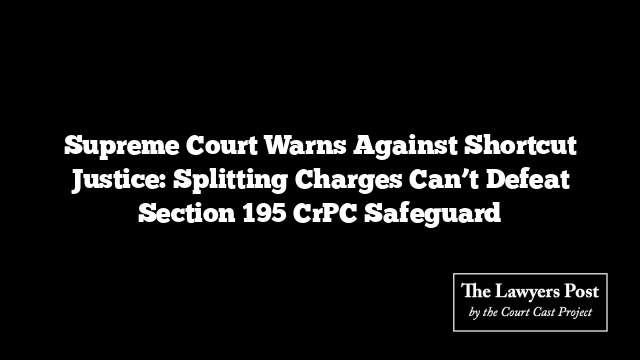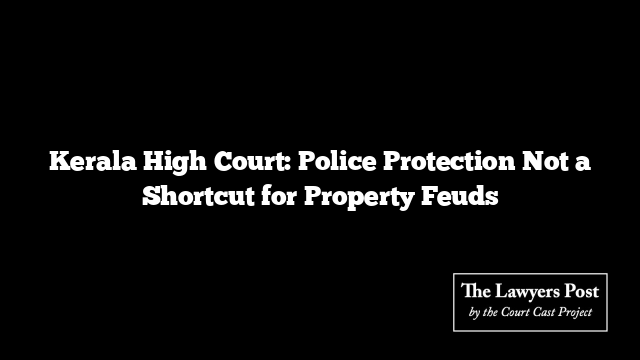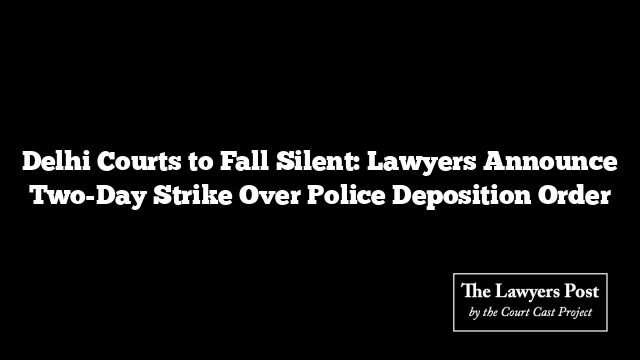The Supreme Court has drawn a clear line in the sand: offences under Sections 172–188 of the IPC—those dealing with disobedience or contempt of lawful authority—cannot be pursued in court unless a proper written complaint is made by the concerned public servant or their superior.
A Bench of Justices JB Pardiwala and R Mahadevan ruled that courts cannot try to sidestep this safeguard by fragmenting charges and proceeding on related offences born out of the same set of facts. While “severance” of charges may be allowed in some situations, the judges cautioned, it cannot be used as a backdoor to neutralize the protection built into Section 195(1)(a)(i) of the CrPC.
“If the essence of the offence falls within Section 195, courts cannot cleverly split it up and continue with the rest. But this isn’t an iron rule—context matters. Each case depends on its facts, allegations, and evidence. However, severance is forbidden if it effectively tears down the shield Section 195 provides,” the Bench observed.
The Six-Point Framework
The Court set out six guiding principles:
- Offences under Sections 172–188 IPC demand a complaint from the concerned public servant or their superior.
- Courts cannot disguise such offences as “separate charges” to bypass Section 195.
- Splitting charges isn’t ruled out altogether but is fact-specific.
- Judges must apply a two-part test: whether new offences are simply added to dodge Section 195, and whether the facts truly support independent charges.
- When offences outside Section 195 are deeply tied to the same transaction, they too may fall under the section’s umbrella.
- Police can investigate, but the bar under Section 195 restricts courts from taking cognizance unless the Section 340 procedure is followed.
A Case Lost in Procedural Limbo
The ruling came in a long-winding case against Station House Officer Devendra Kumar. In 2013, a process server alleged he was abused, restrained, and humiliated while trying to serve summons at Nand Nagri Police Station. The District Judge ordered a complaint under Section 195 CrPC, which later led to an FIR under Sections 186 (obstructing public servant), 341 (wrongful restraint), and 342 (wrongful confinement).
The SHO’s appeals failed in both Sessions Court and the Delhi High Court. He then knocked on the doors of the Supreme Court.
The top court found that while the Civil Judge was right to file a complaint, the Chief Metropolitan Magistrate wrongly ordered a police probe under Section 156(3). Instead, the Magistrate should have directly taken cognizance under Section 204 CrPC.
“This case was about protecting the dignity of the court itself. Yet, after twelve years, no one has managed to uphold that dignity by following the proper procedure,” the Bench remarked sharply.
What Counts as “Obstruction”?
On the substantive issue, the Court clarified that obstruction under Section 186 IPC does not require physical force. Abuse, threats, or even conduct that frustrates a public servant’s lawful duties is enough.
The petition was ultimately disposed of, with liberty to the SHO to raise the Section 195 bar at the trial stage if charges are pressed. A copy of the ruling is to be circulated to all High Courts for guidance.





